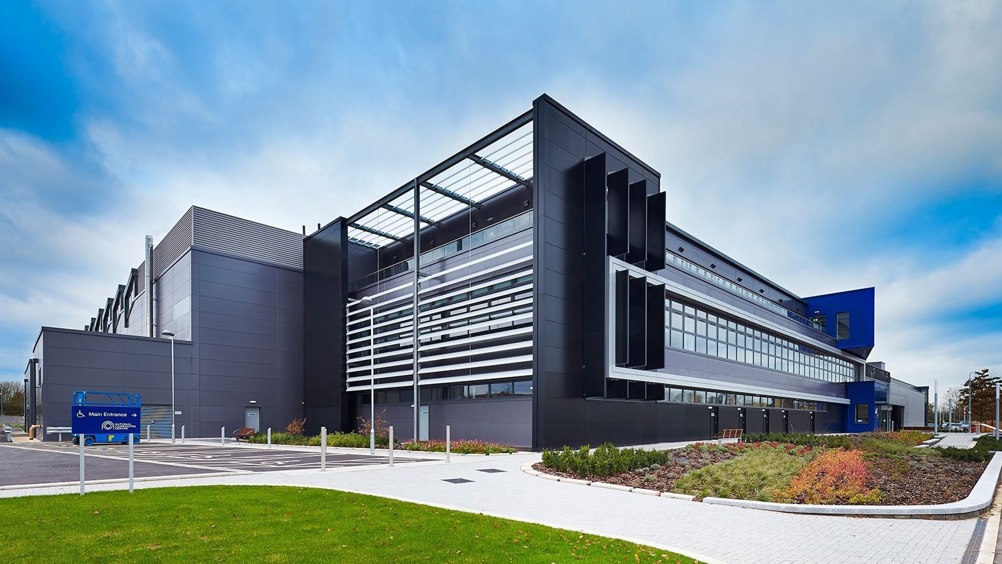Lift Off: The gravity-defying ascent of Space in the South West
Decades of experience in aerospace engineering, manufacturing and research has proven to be the perfect launchpad for the South West’s journey into space. Jonny Williamson reports

The South West of England boasts a long history as a hub for aerospace, with Filton near Bristol emerging as a key centre for aviation since the early 20th century. Renowned companies like the Bristol Aeroplane Company have left an indelible mark, producing iconic aircraft such as the Bristol Fighter and the Blenheim Bomber.
Arguably the most celebrated aircraft associated with the region is Concorde, the supersonic jet collaboratively developed with French aero companies and assembled in Filton. Two decades after its final flight, Concorde remains an enduring symbol of aerospace innovation.
Today, the South West hosts major aerospace players like Airbus, Babcock International, BAE Systems, GKN Aerospace, Leonardo Group and Rolls-Royce, each with significant sites in the region. Their collective presence has cultivated a highly skilled workforce, integrated supply networks and specialised infrastructure, including cutting-edge research centres and testing facilities.
The region has also fostered a dynamic innovation ecosystem that brings together large and small companies, government-backed R&D organisations and leading universities such as Bristol, Bath and Exeter.
Register now to continue reading
Thanks for visiting The Engineer. You’ve now reached your monthly limit of premium content. Register for free to unlock unlimited access to all of our premium content, as well as the latest technology news, industry opinion and special reports.
Benefits of registering
-
In-depth insights and coverage of key emerging trends
-
Unrestricted access to special reports throughout the year
-
Daily technology news delivered straight to your inbox










Water Sector Talent Exodus Could Cripple The Sector
Maybe if things are essential for the running of a country and we want to pay a fair price we should be running these utilities on a not for profit...